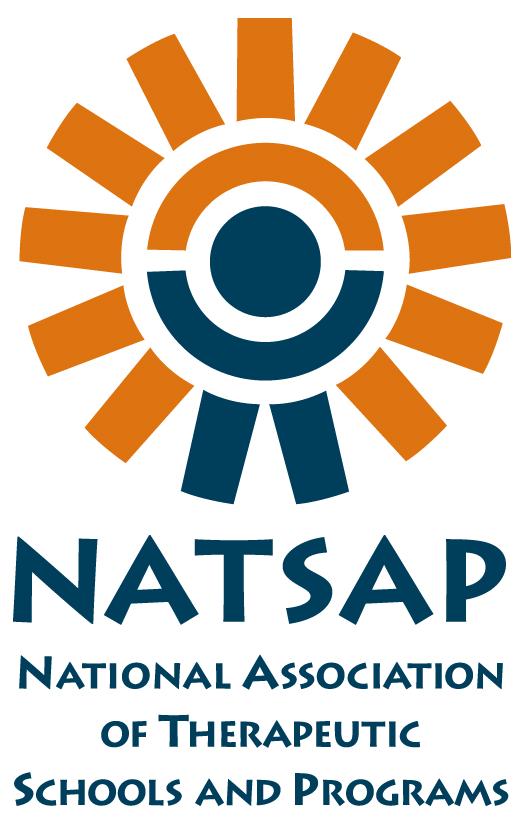Oppositional Defiant Disorder (ODD)
What is Oppositional Defiant Disorder (ODD)? Oppositional Defiant Disorder (ODD) is a mental health condition where there is an ongoing pattern of anger guided disobedience, hostilely, defiant or disruptive behavior toward authority figures which goes beyond the bounds of normal childhood behavior. This behavior must be exhibited for at least six months. Individuals may appear very stubborn and often angry.
Common features of Oppositional Defiant Disorder (ODD) include excessive, often persistent anger, frequent temper tantrums or angry outbursts, as well as disregard for authority. Children and adolescents with ODD often purposely annoy others, blame others for their own mistakes and are easily disturbed. Parents often observe more rigid and irritable behaviors than in siblings. In addition, these young individuals may appear resentful of others and when someone does something they do not like, they prefer taking revenge more than sensitive solutions.
Symptoms
- Negativity
- Defiance
- Disobedience
- Hostility directed toward authority figures
- Has repeated temper tantrums
- Argumentative with adults
- Refuses to comply with adult requests or rules
- Annoys other people deliberately
- Swears or uses obscene language
- Blames others for their own mistakes or misbehavior
- Acts touchy and is easily annoyed
- Feels anger and resentment
- Spiteful, vindictive or seeks revenge
- Acts aggressively toward siblings and/or peers
- Has difficulty maintaining friendships
- Poor academic achievement
- Low self esteem
- Frequent outbursts of anger
- Drug and/or alcohol abuse
- Moodiness
- Easily frustrated
ODD can lead to trouble with the law and authority. Treatment of ODD involves therapy and training to help build positive family and individual interactions. Triumph Youth Services offers a small, highly structured family-type environment for youth. This family-like community promotes a social environment that takes on both therapeutic and healing properties instead of maintaining negative behaviors. This structure, paired with the Positive Peer Culture model and family therapy is fairly effective in treating Oppositional Defiant Disorder.
Our Cognitive-Behavioral Therapy (CBT) approach utilizes individual therapy combined with group and family therapy to treat each youth’s issues. This approach teaches coping and problem-solving skills. In addition to the therapy, the Positive Peer Culture utilized in Triumph Youth Services facilities help the youth process their issues and build skills for their own personal progress. This helps the young man learn ways to control anger, appropriately express anger and learn thinking patterns that improve behavior.
Triumph Youth Services provides a daily Life Skills Group. The goal of our Life Skills Group training program is to teach the student a new set of responses to social situations, as well as how to integrate his behavior with others in the environment. Our staff members are trained and encouraged to be effective leaders by serving as teachers or coaches who hold the young men responsible for working on problems and to act as limit setters and good listeners.
The clinicians at Triumph Youth Services are highly trained and have extensive experience working with adolescent youth. Our clinicians are licensed and approved as mental health professionals to provide individual, group and family therapy.
Call Triumph Youth Services. We are here to help.

















